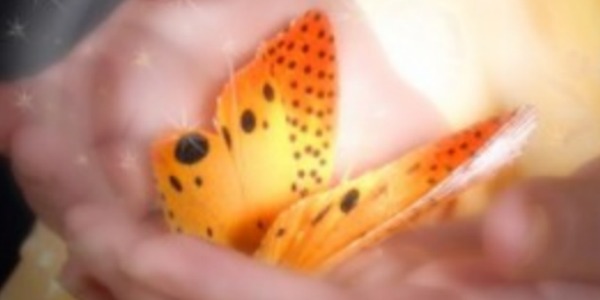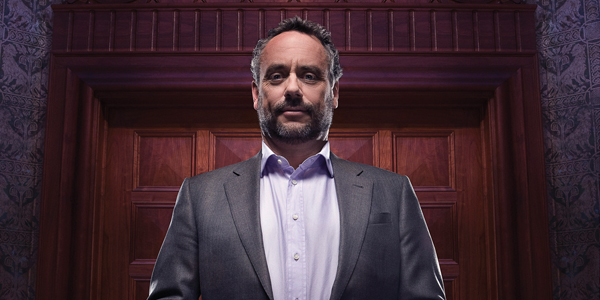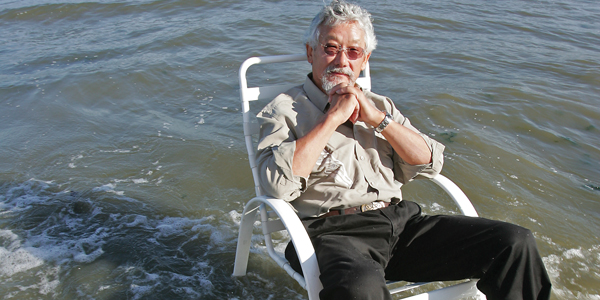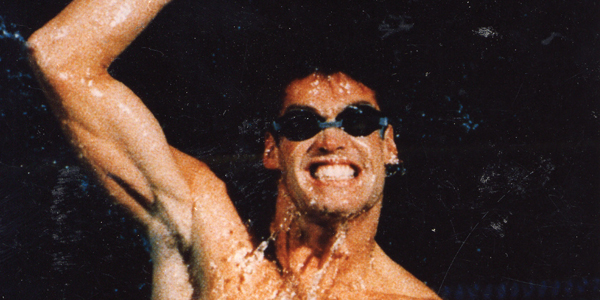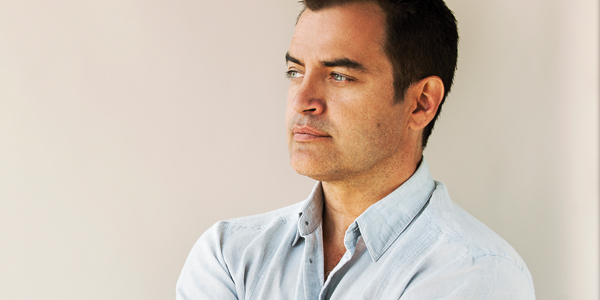It’s 6:18am and I’m overlooking the water in beautiful Halifax, Nova Scotia. The sun is up but I’m not; decaf doesn’t cut it. As the waves roll in, it occurs to me why I’ve been so intrigued with this issue’s topic of forgiveness. It began after our son died. I had this unexplainable drive to connect with anyone I felt I had wronged. I picked up the phone, met in person, and wrote honest emails asking others to forgive me. No need for a priest, I sought absolution in person and I found it.
Cathartic isn’t a powerful enough word to describe the process. Tears pouring down my face, a growing nest of Kleenex at my feet, my incredibly self-actualized husband leaned in the doorway of my office with coffee in hand, wondering if I had officially lost my mind. What I realized was that I hadn’t actually lost it, I was emptying it. I emptied it of the years of blame and self-recrimination that I carried with me to bed each night and woke up with each morning. When I was done, I literally felt lighter. I began in earnest to live in the present not the past, and felt free to act and grow and contribute to a spectacular future. Forgiveness both of self and others is an absolutely profound experience. It frees the soul. It allows us to fly weightless toward the miracles that present themselves daily.
But, until we unload the heaviness of resentment, we’re literally held down, unable to rise to our fullest potential. Sometimes forgiveness washes over us when our perspective is shifted through travel (pg. 20), when we accept it as a precious gift we give ourselves (pg. 25), when we allow the time required for healing (pg. 41), and when we acknowledge the truth that it isn’t always easy; in fact it can take everything within us to continue the effort (pg. 47).
This brings me to the man honoured on the cover of this issue, President Bill Clinton. To me, President Clinton represents the purest form of forgiveness; a man capable of embracing his humanness having waded through a grueling public journey, emerging with a tremendous capacity to forgive himself and others. He refuses to live in the past, choosing only to live in the present so he can significantly impact the future. We would all do well to choose the same.
We will forever be paralyzed to effectively contribute to the world we live in unless we simply let go of all the “should have, could have, would have, didn’t” conversations that play through our minds. We block all manner of miracles and cast a shadow on what could be when we fail to keep our focus on what can be done in the moment we’re in.
This was confirmed last week when I arrived at a private dinner party on the eve of my birthday. With President Clinton in attendance it’s safe to say I was not the guest of honour. While the conversation was engaging, the setting overlooking the water breathtaking, and the food exquisite, the emotion stamped forever in my heart was the manner in which President Clinton shared his regret for failing to stop the Rwandan genocide. He shared with raw emotion about the mother he met who lost her six children and the awe he felt at her capacity to forgive. He shared how he only looks to the future to help repair the damage done.
There is no time line. In fact, as time passes, it’s very likely you’re the one who continues to imprison yourself for things in the past. Let it all go and choose to make a difference in the world today. As you do, I wish for you all great things, a remembrance of the importance of perspective in achieving great goals (pg. 11), laughter in the face of adversity (pg. 28), balance in achieving health (pg. 63), and getting real about your money (pg. 35). Most of all, I wish for you the abundance of miracles that will appear as soon as you allow. I believe in you. Your future is brighter than you could ever imagine!

